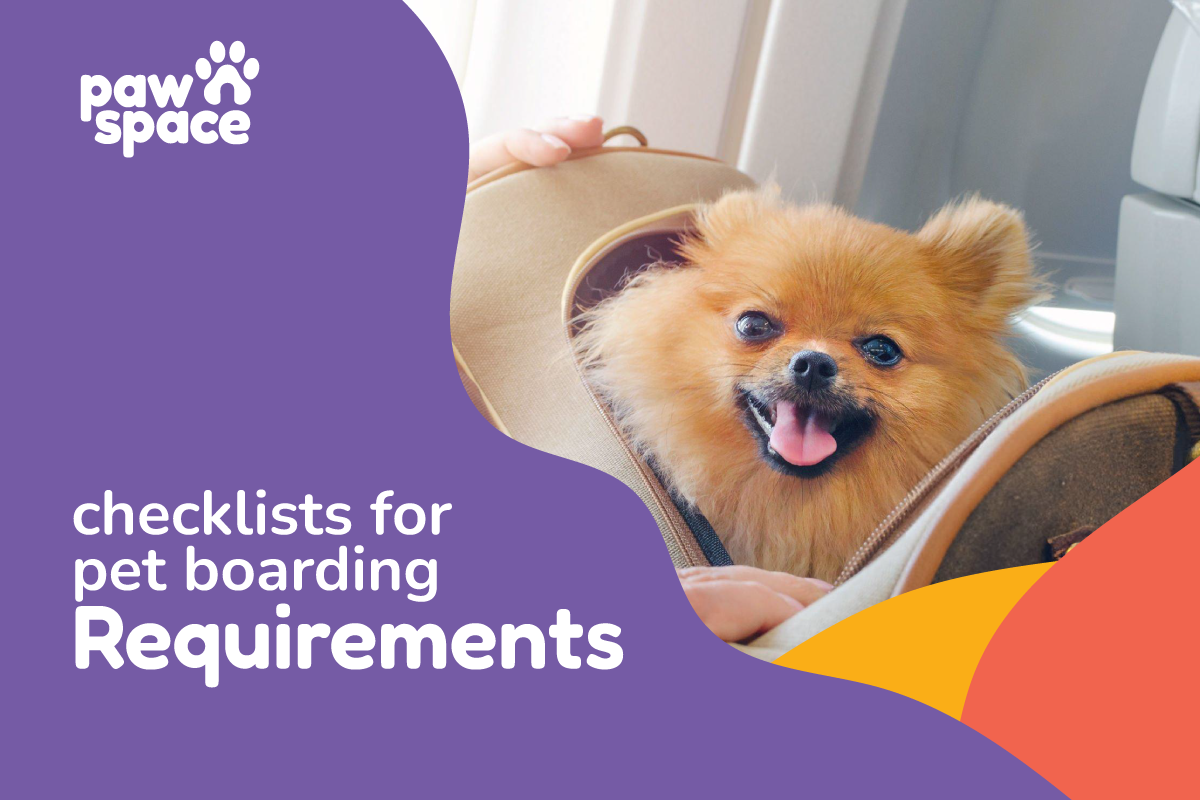If you love teaching dogs various little tricks, spending quality time with them doing what they enjoy, and have a passion for helping pet parents ensure their dogs exhibit their best behavior, then you might already be familiar with the role of professional dog trainers. Simply put, dog training involves teaching dogs acceptable behavior, good manners, and essential commands so both the dogs and their human parents can benefit from the discipline instilled through training. Dogs are incredibly loving creatures, and with just a little training, combined with clear instructions and plenty of love, they can become the best versions of themselves.
If you are aspiring to be a dog trainer, or already doing dog training, you must posses a few qualities that are ideal for someone who will be handling dogs as their profession and more often than not, handling dogs who do not have manners or little puppies who have not been taught anything much in their life. The task as a dog trainer, although seemingly fun, is not a small one. Pet parents will be depending constantly on you as a dog trainer to ensure that their pet baby is in the best of their behavior, you will have a lot of pressure on proving that your abilities, time and their money was fruitful in the form of good dog behavior.
So what are some of those ideal qualities of professional dog trainer? Let’s have a look:
Patience – This might be one of the most obvious aspects that is required. Every dog has different temperaments and different dogs require different levels of patience. Sometimes, the owner for various reasons might not have trained the dog until adulthood. In these cases, full-grown dogs are even harder to tame and require a lot more patience than when you are training puppies.
Perseverance – As a trainer, you need to understand that not every dog learns at the same pace. You might get lucky with a few dogs whose parents might have started basic training themselves, so they might start behaving themselves very soon. However, it is important that you do not give up or lose interest on the 2nd, 3rd, or even the 7th try!
Non-violent tendencies – This is a vital requirement with every dog trainer. You cannot in any circumstance be violent with the dog(s) or hurt them intentionally just because they are needing time to understand your teaching.
Ability to assess – Once you meet the dog, as a dog trainer, it becomes your responsibility to assess how much training the dog needs. Sometimes, the dog might do good with just the basic training, but other times they might need more guidance and training than just the basic commands and skills. According to the size and temperament of the dog, these can be decided.
Planning skills – Once you accept a dog as your client, you need to plan their entire course. The number of days a week, the things and commands to be learnt each day, the work the pet parent has to put in to keep the flow and the sections you need to cover for optimum results with the dog.
Acceptance to evolving methods – You need to have an idea that as time passes, the training methods are also evolving with it. You need to come up with new innovative methods and sometimes might have to get rid of old, regressive and violent methods.
Certification – To be a trusted dog trainer, you need to have a basic certification that affirms your ability to be a good one. This is basically just to asses that you are capable of handling breeds and dogs of all sizes, and also have the skills and abilities to teach them commands and good mannerisms.









